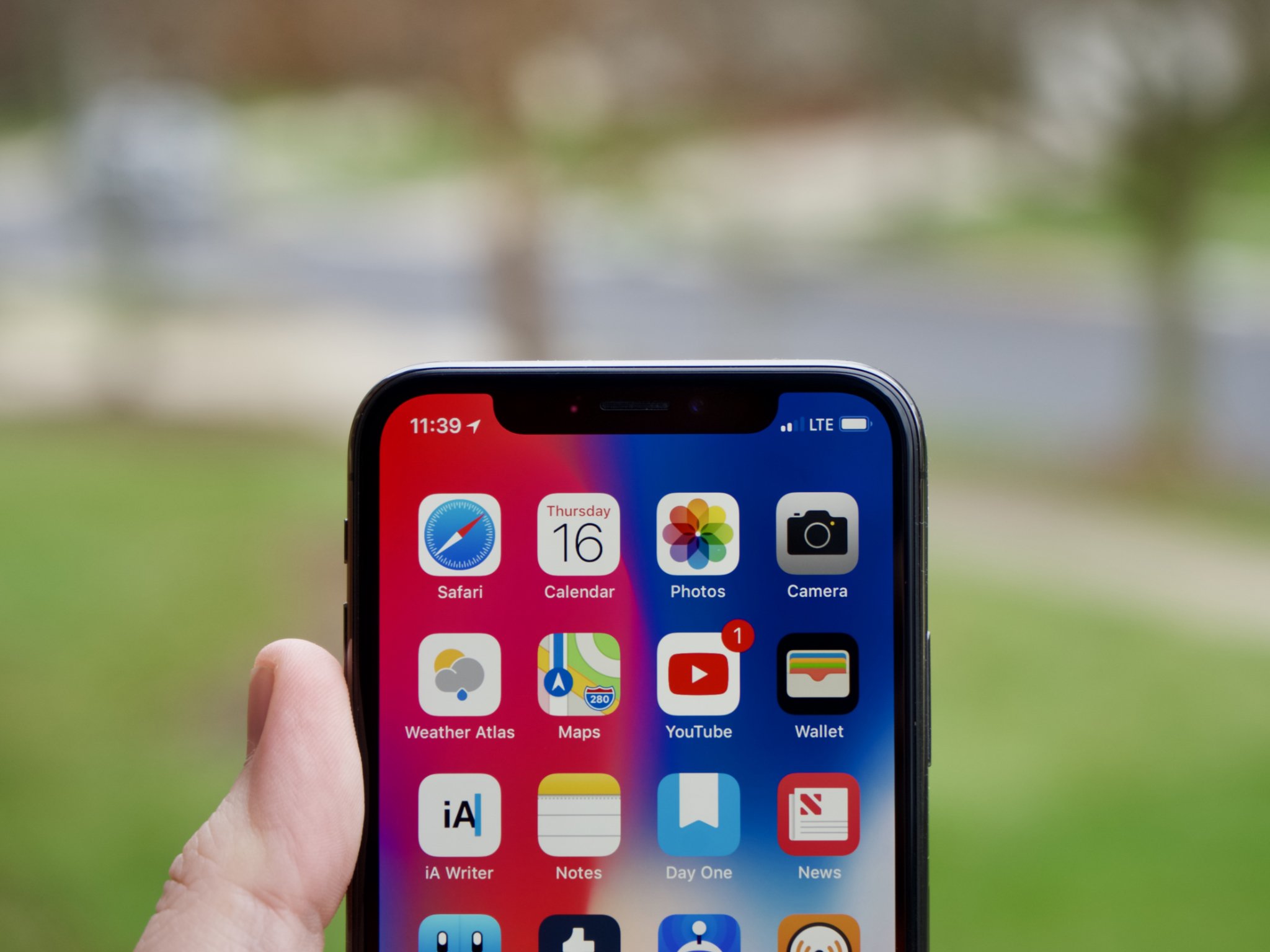iPhone 13 reportedly using a smaller Face ID chip as the notch also shrinks

What you need to know
- A new report claims Apple's late-2021 products will use a new, smaller Face ID chip.
- It isn't clear whether the smaller chip will help make the iPhone 13 notch smaller.
Apple will begin using a smaller Face ID chip towards the end of 2021, according to a new report. The smaller chip will likely allow for more space inside an iPhone in particular, although it isn't yet clear whether the smaller chip is the reason iPhone 13's notch is expected to be smaller than previous models.
The report, courtesy of a paywalled DigiTimes piece, says that the die size of Apple's VCSEL chips will sharing by as much as 50%. That smaller chip will be used in iPhones and iPads that will be released later this year, the report goes on to say.
Apple reportedly has decided to scale down the die size by 40-50% for VCSEL chips used in 3D face ID sensors for new iPhone and iPad devices to be rolled out later in 2021, a move that will help the vendor sharply cut production cost ...
Apple is already strongly rumored to be using a smaller notch in its iPhone 13 lineup but it isn't made clear whether that is being made possible by the smaller Face ID chip. It's definitely possible, although simply saving costs is a good enough reason to make this move.
All being well we can expect Apple to announce its iPhone 13 lineup towards the end of September, likely via another virtual event. Models similar in size to the outgoing iPhone 12 lineup are expected, including an iPhone 13 mini despite claims the smol iPhone 12 mini sold well.
iMore offers spot-on advice and guidance from our team of experts, with decades of Apple device experience to lean on. Learn more with iMore!

Oliver Haslam has written about Apple and the wider technology business for more than a decade with bylines on How-To Geek, PC Mag, iDownloadBlog, and many more. He has also been published in print for Macworld, including cover stories. At iMore, Oliver is involved in daily news coverage and, not being short of opinions, has been known to 'explain' those thoughts in more detail, too. Having grown up using PCs and spending far too much money on graphics card and flashy RAM, Oliver switched to the Mac with a G5 iMac and hasn't looked back. Since then he's seen the growth of the smartphone world, backed by iPhone, and new product categories come and go. Current expertise includes iOS, macOS, streaming services, and pretty much anything that has a battery or plugs into a wall. Oliver also covers mobile gaming for iMore, with Apple Arcade a particular focus. He's been gaming since the Atari 2600 days and still struggles to comprehend the fact he can play console quality titles on his pocket computer.
